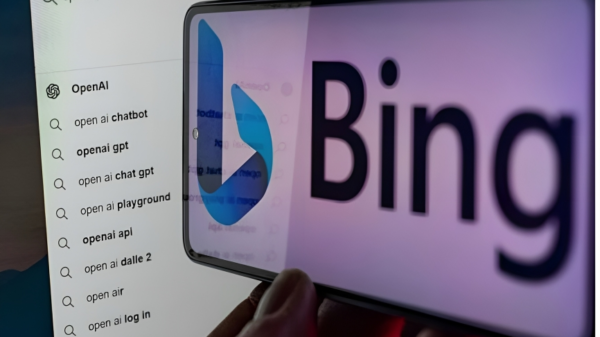After all the celebrations and cap-tossing, you might face a daunting challenge – landing that coveted first “grown-up” job. It can feel like searching for a needle in a haystack. Let’s dive into the common obstacles that fresh graduates encounter on this journey.
Imagine investing four years in studying a specific major, only to realize later on that it may not be the right fit. It may sound surprising, but this scenario does occur. After graduating, some individuals come to the realization that their passion lies elsewhere or that there may be limited job opportunities in their field of study. However, this doesn’t mean they are left without options. There are numerous career paths available that do not necessarily require a degree directly related to one’s major. The key is to explore and discover what truly resonates with them.
Managers are Reporting That Gen Z Workers are Lazy and Lack the Basic Social Skills to Hold a Job
<iframe width=”100%” height=”100%” frameborder=”0″ allowfullscreen=”true” src=”https://www.youtube.com/embed/9npovYEuUsc?rel=0″></iframe>
Twice a year, in December and May, a flood of graduates enter the job market. This results in intense competition for entry-level positions, especially in certain fields that are particularly popular. However, it’s important to remember that the early bird catches the worm. Taking a proactive approach and starting your job search ahead of time can make a significant difference. The secret tip is to not be discouraged if you don’t meet every single criterion listed in job postings. It’s worth taking a chance and applying anyway.
Graduating from college with a wealth of knowledge is an exciting milestone, but it doesn’t automatically mean job offers will pour in. The main obstacle is the lack of experience. You need a job to get experience, but jobs want you to have experience first. One potential solution is to pursue internships or related positions while still in school. This way, you’ll have something noteworthy to showcase on your resume after graduation.
Having a degree is good, but without skills, it’s just paper. While certain skills can certainly be learned in a classroom setting, many are gained through hands-on experience in the workforce. Employers highly value these practical skills. The best part is that they can be acquired from unexpected sources. Whether it’s through volunteering, interning, or even working seemingly unrelated jobs, there are always new and valuable lessons waiting to be learned.
You’ve probably heard the saying, “It’s not just what you know, but who you know.” And there’s some truth to that. Networking is incredibly valuable. But your networking options are limited if you don’t have much work experience yet. Don’t worry, though – there are plenty of avenues available to students and recent graduates. You can attend college job fairs, connect with that awesome professor with a wide network, participate in virtual networking events, and even utilize social media platforms. Just remember, some opportunities won’t magically come to you – you must actively seek them out.
When you’ve had a great interview, it’s easy to get caught up in the excitement and forget about an important step – following up. But make no mistake, taking the time to send a thoughtful thank-you email can be the extra nudge that sets your application apart from the rest. Showing gratitude and professionalism never goes unnoticed.


















